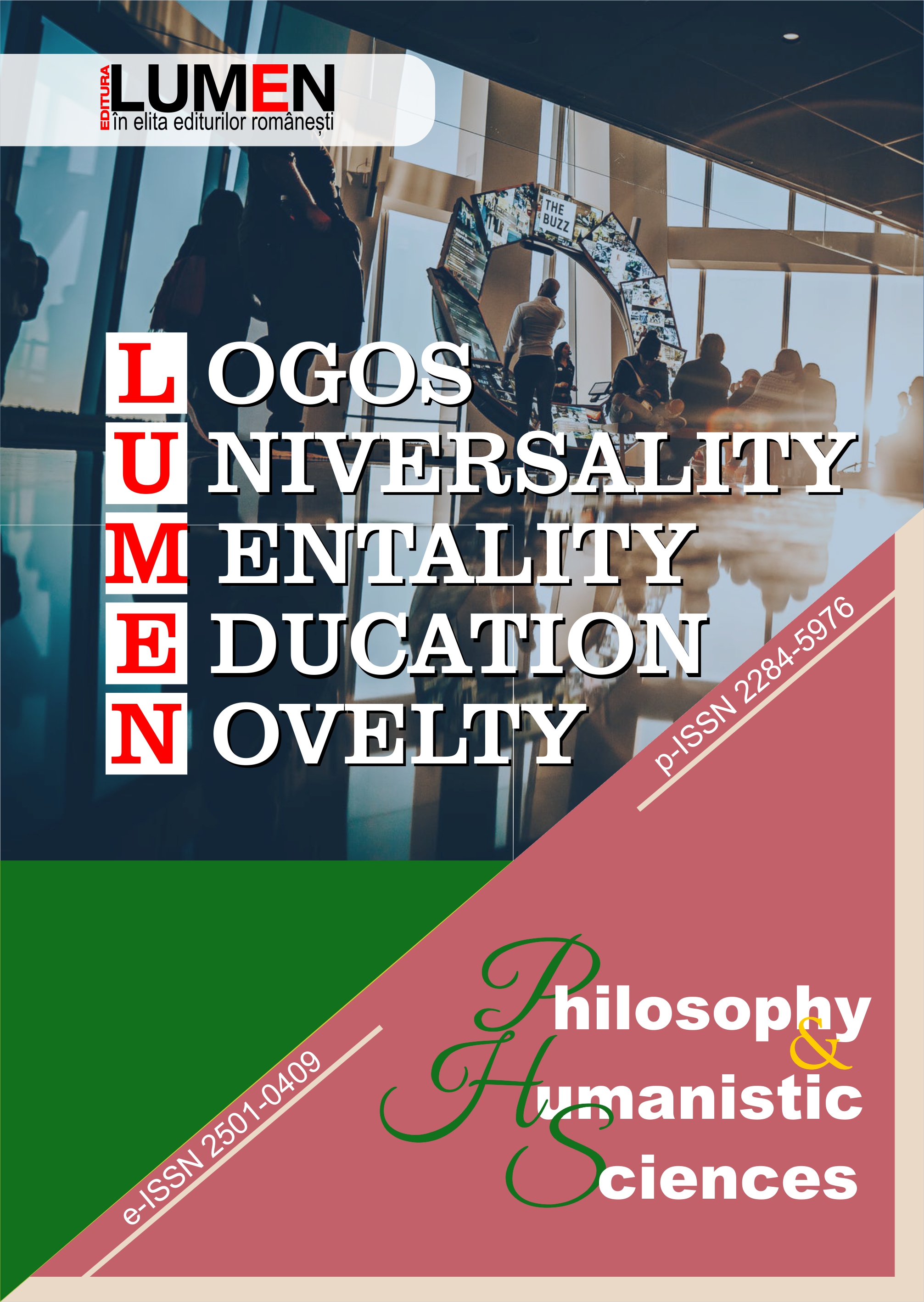In the Trace of Gerardo Mello Mourão: The Inter-Gender Hybridism and the Formation of Epiliric Poetry in Contemporary Brazilian Literature
In the Trace of Gerardo Mello Mourão: The Inter-Gender Hybridism and the Formation of Epiliric Poetry in Contemporary Brazilian Literature
Author(s): Junior César Ferreira de CastroSubject(s): Language and Literature Studies, Studies of Literature
Published by: Editura Lumen, Asociatia Lumen
Keywords: Contemporaneity; Intergenerational Hybridity; Epic; Resistance; Brazilian Literature;
Summary/Abstract: In its configurative and representational basis, contemporary literature has established a warm dialogue with the classic and modern canons for the formation of literary genres that distance themselves from the poetics in force in order to establish their own aesthetics since the contemporary is in maintaining this gaze fixed on the present by returning to the past to deny or affirm it as the tradition of the new or the new of tradition (PAZ, 2000). The present study is justified in raising the reflection on the form of the epic and the lyric based on the transformations that occurred over the centuries to found an epic-lyric poetry as a renewing style of contemporary Brazilian poetry, the object of this research, which is based on the works Invention of the sea and Os peãs, by Gerardo Mello Mourão. The objective is to demonstrate the resistance of the epic in the current world by the hybrid composition that is established in the act of its production by the exteriority of the real along with the narrator's subjectivity. The problem of intergeneric hybridism is developed through bibliographic and qualitative research with intermediation of the deductive method and through the aesthetic-philosophical bias to demonstrate that it becomes the guiding element of this avant-garde style capable of establishing historical events through the temporality built by the world text. This whole discussion is centered on Aristotle (1992) and Boileau (1990), going through Hegel (1997), Lukacs (2000) and Bakhtin (2010) until arriving at Staiger (1997), Lima (2002), Greenfield (2006) and Kristeva (1995), showing that the epic-lyric poem is supported by the pluridiscursive dialogism maintained between the nature of the stylization of the lyric and epos as a style and not as a novelized process
Journal: LOGOS, UNIVERSALITY, MENTALITY, EDUCATION, NOVELTY. Section: Philosophy and Humanistic Sciences
- Issue Year: VIII/2020
- Issue No: 2
- Page Range: 35-50
- Page Count: 16
- Language: English

